Hungarian Minister of Foreign Affairs and Trade Peter Szijjarto made it clear in Budapest on Friday: Hungary openly purchases Russian crude oil because it has no other option. He added that several European countries are secretly obtaining Russian oil through detours, since it is cheaper.
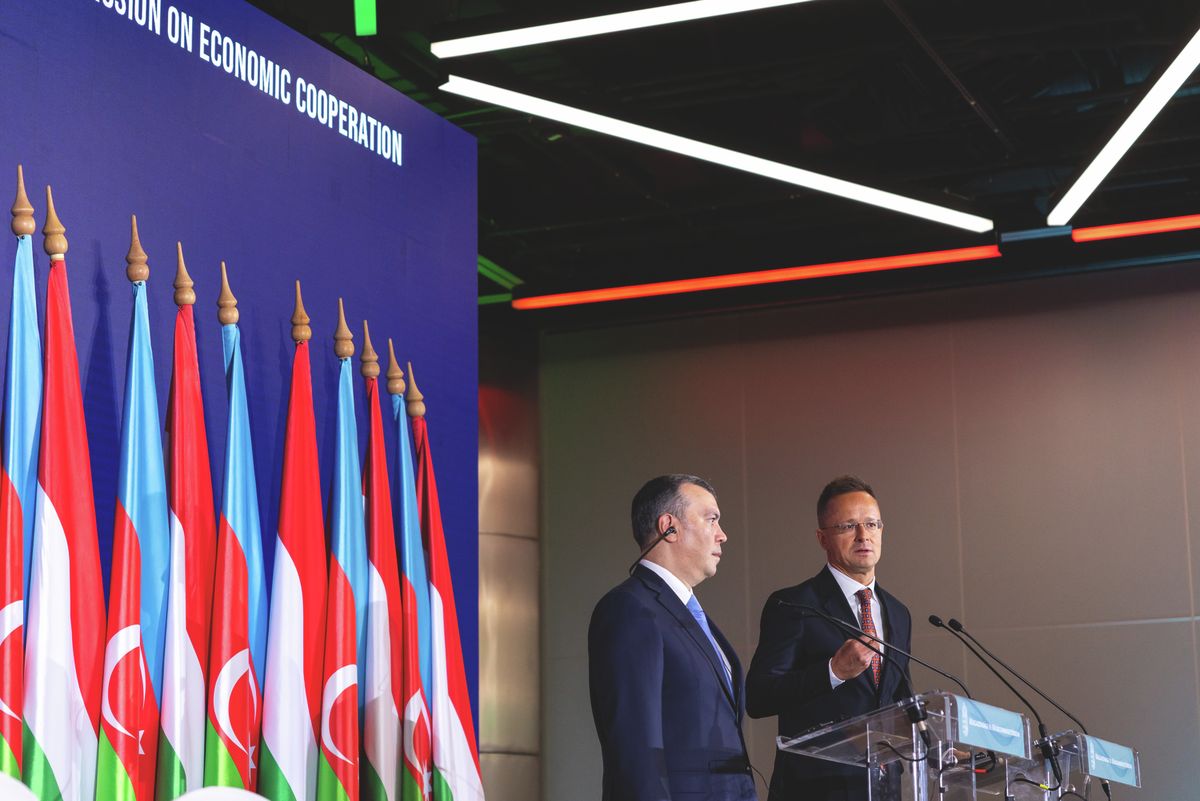
FM Szijjarto on energy and hypocrisy
Following a meeting of the Hungarian–Azeri Joint Economic Committee, FM Szijjarto was askedabout remarks made by former U.S. President Donald Trump, who called on European countries to stop buying Russian oil. He responded:
Let us not be deceived by the hypocrites, because among those who criticize Hungary and Slovakia in the the loudest of manners for their oil purchases, well, there are a significant number who are also buying Russian oil — only in secret, routed through certain Asian countries.
The minister added:
They buy Russian oil secretly because it is cheaper. We buy Russian oil openly because we have no other choice.
He stressed:
Energy procurement is a physical issue. You can only buy energy from where the pipelines run.
He argued that the situation has also been worsened by the European Union’s rejection of Hungary’s request to expand the capacity of Southeast European gas pipelines. Croatia, instead of increasing capacity on the alternative pipeline leading to Hungary, raised transit fees to five times the European benchmark.
The minister criticized the Tisza Party
The Tisza Party’s tax policy also came up at the press conference. According to Mr. Szijjarto:
People rightfully thought that in Hungarian politics (…) no one could sink lower than Ferenc Gyurcsany, but the Tisza Party has managed to do so.
He added:
Ferenc Gyurcsany admitted after the election — reluctantly — that he had lied during the campaign. The Tisza Party, however, announced that it is lying already now, during the campaign. The Tisza Party has managed to sink below Ferenc Gyurcsany.
FM Szijjarto on regional cooperation
The foreign minister also spoke about the significance of the Azeri–Armenian peace process. He said:
This is one of the most important central corridors in the region, and we believe this new agreement, once realized, will give fresh impetus to the transit opportunities of the countries involved.
He added that in terms of transport, freight and the movement of people, the agreement will benefit all countries.
For our part, we are building our section of this corridor, investing in rail and road infrastructure to improve freight transport opportunities,
– he said.
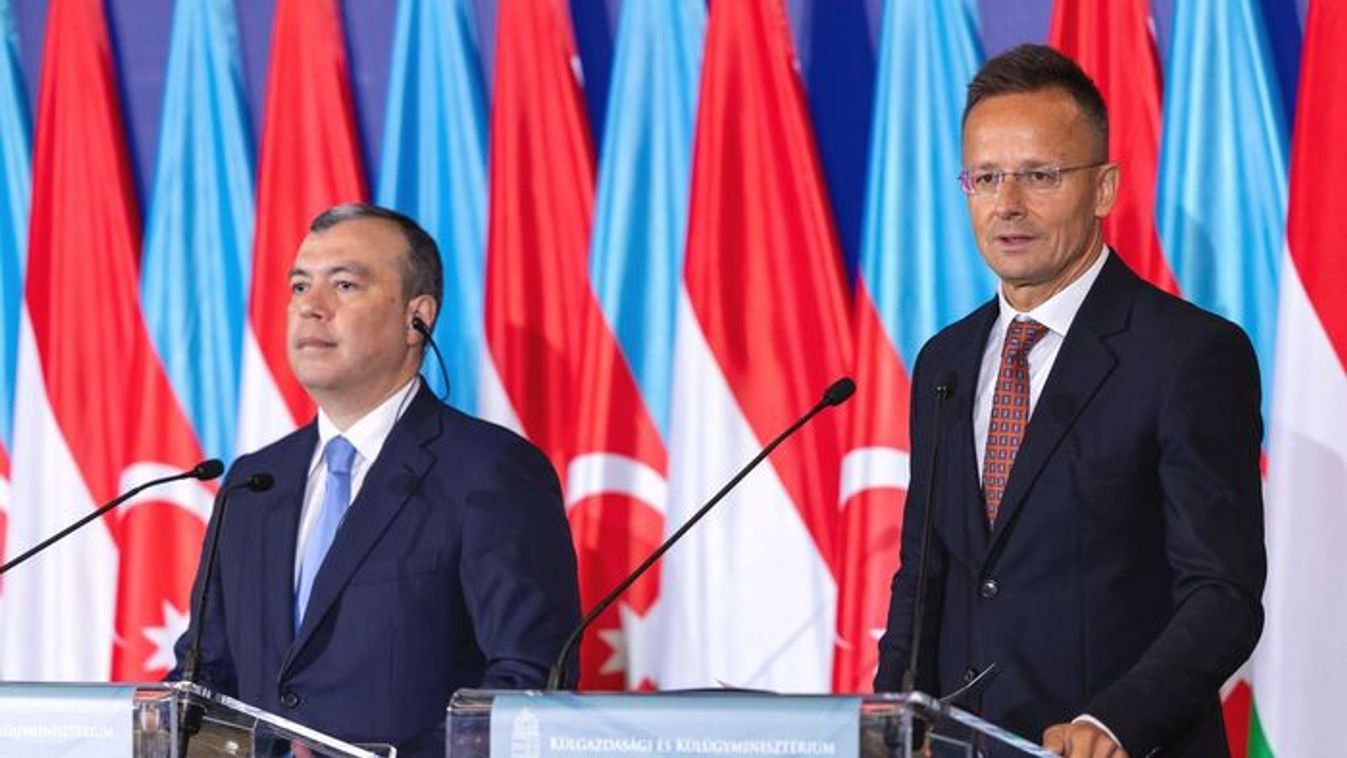
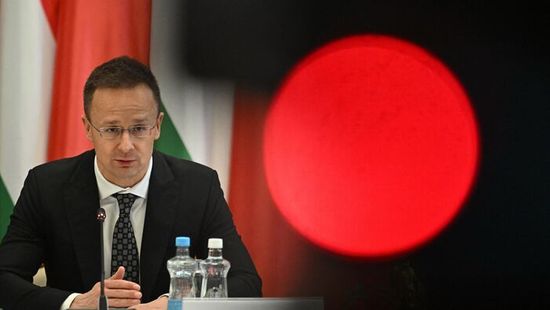
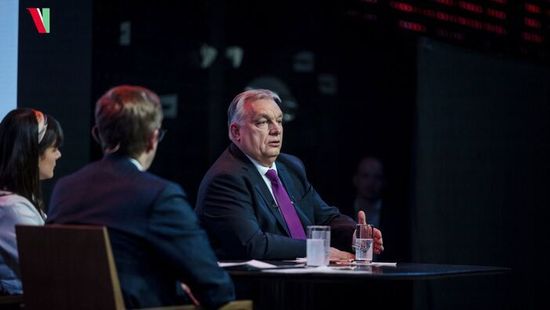
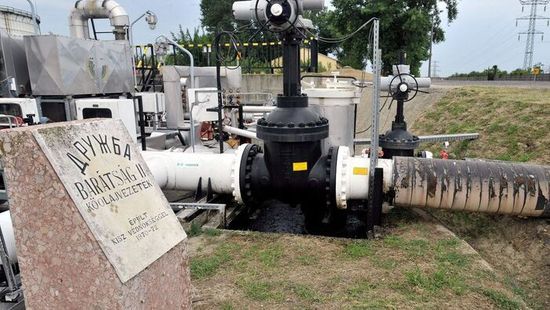
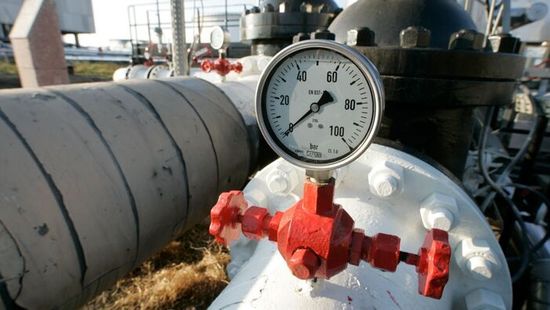

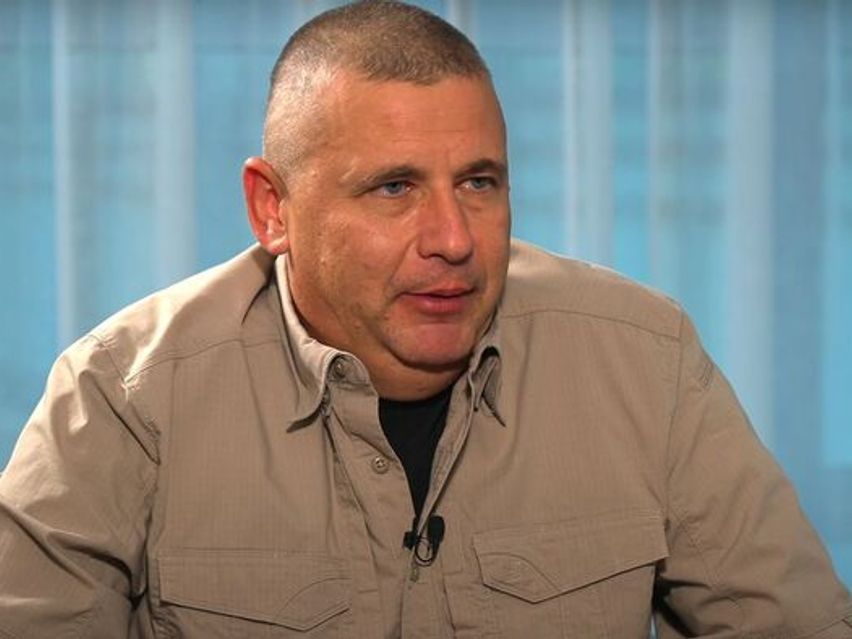

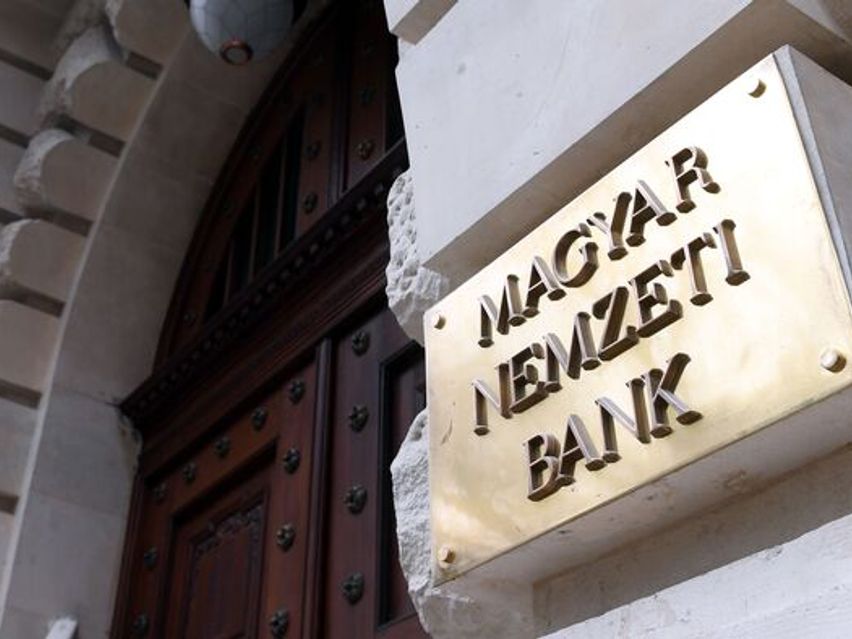
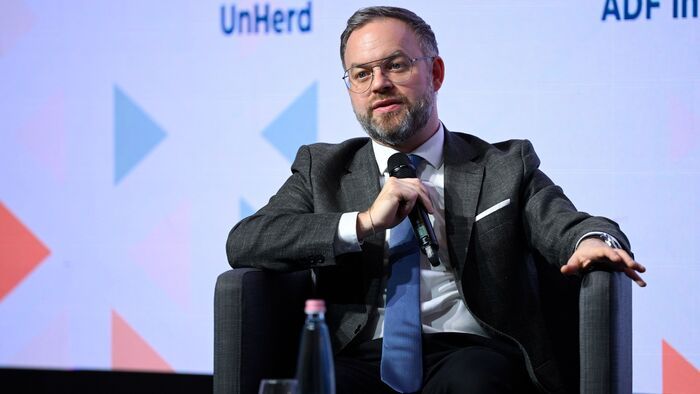

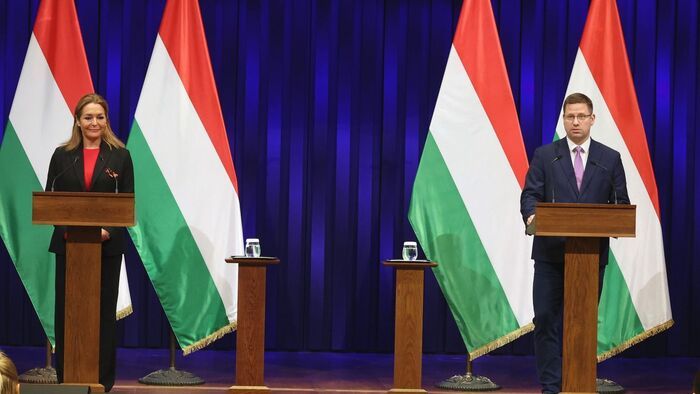


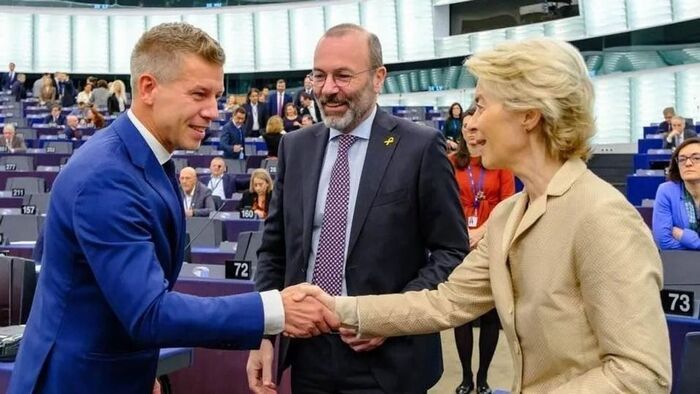
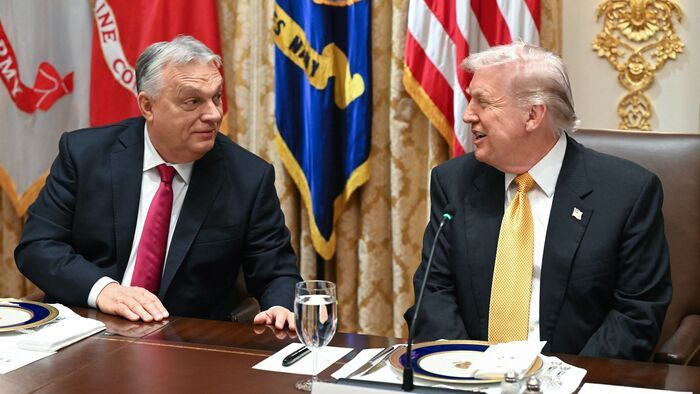

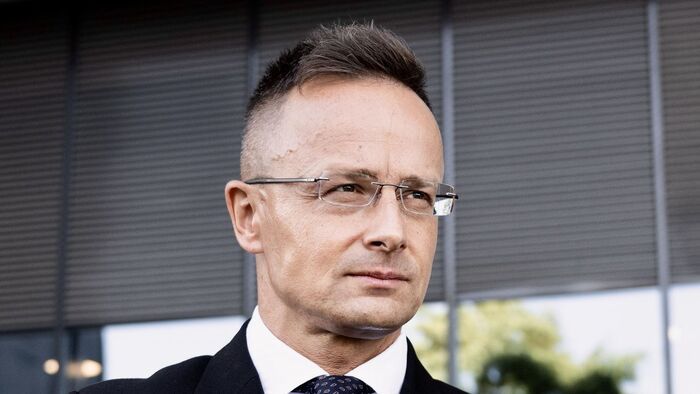
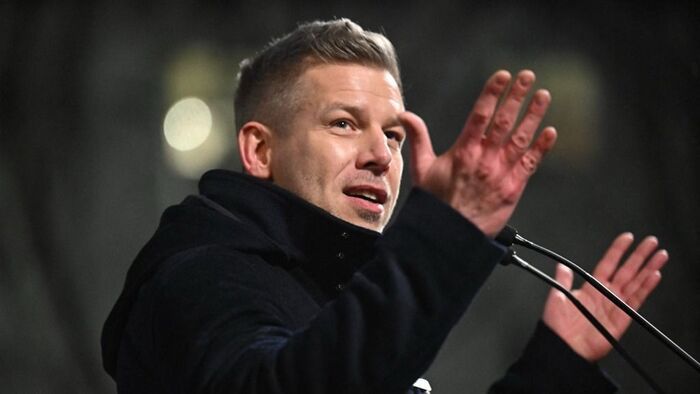



Szóljon hozzá!
Jelenleg csak a hozzászólások egy kis részét látja. Hozzászóláshoz és a további kommentek megtekintéséhez lépjen be, vagy regisztráljon!